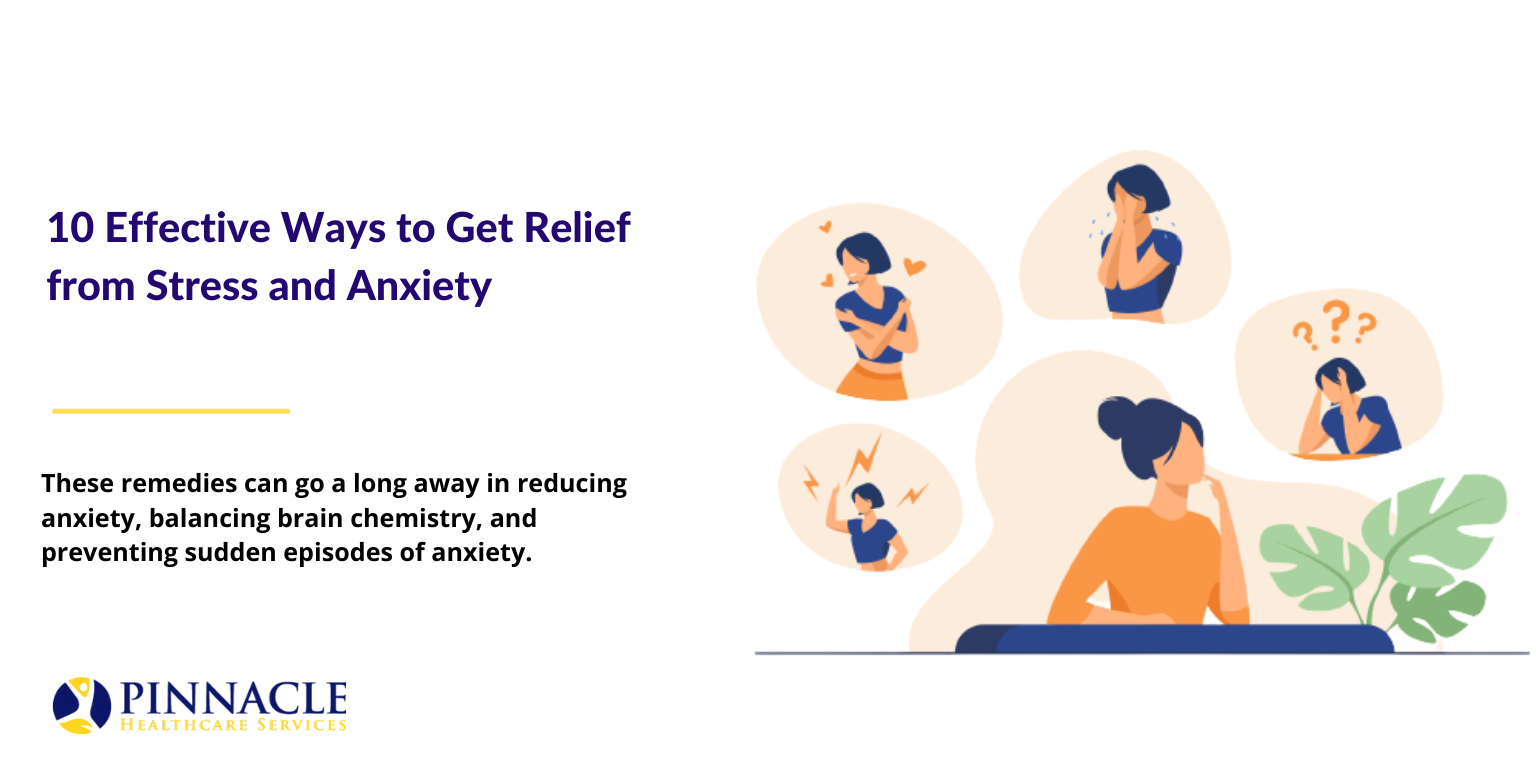Drinking alcohol in a moderate amount is not a problem. However, drinking excessively can cause health problems. In some cases, you may even require hospitalization. The NHS reveals that in 2018, 1.3 million people had to be hospitalized because of alcohol abuse. This counts as 7.4% of all hospital admissions throughout the country. The number of alcohol-related hospital admissions has increased by 60% in the last decade.
How Does Alcohol Affect Your Physical Well-Being?
You can have mild, moderate, or severe effects of alcohol on your body, depending on how much you drink. For example, binge drinking (consuming an excessive amount of alcohol in a short period) can increase your blood alcohol concentration (BAC) to a dangerous level of 0.08 g/dL and above. It takes just four drinks for adult women and five drinks for adult men to reach this BAC.
A "drink" is typically defined as either of the following:
- One shot of liquor
- One 5 ounce glass of wine
- One beer
However, due to the variations found in the measures and alcoholic content of drinks even within different alcohol classes, these estimates should always be used with caution. For example, certain craft beers contain twice as much alcohol as compared to a typical beer can. Therefore, if you drink one can of beer, you might be drinking a full pint (16 ounces) rather than the 12 ounces that’s usually present in a can.
There are three kinds of effects of alcohol on the body:
- Short Term Effects: These can include mild ones like skin flushing to more severe ones like passing out, vomiting, loss of critical judgment, etc. These symptoms can especially occur in people who do not regularly consume alcohol.
- Long Term Effects: Excessive drinking can lead to long-term effects, which primarily include chronic physical issues like memory loss, alcoholic hepatitis, stroke, several cancers, etc.
- Alcohol Poisoning: Excessive drinking can cause alcohol poisoning. The symptoms of this condition include hypothermia, confusion, nausea, vomiting, irregular or slow breathing, blue-tinged skin, pale skin, etc.
Alcohol can impact different parts and organs of your body. Effects of alcohol on the body after heavy drinking may include:
Digestive System
Alcohol can:
- Wear down the stomach lining and increase the stomach acid production, causing ulcers.
- Impair blood sugar control.
- Impact nutrient breakdown, transportation, absorption, storage, and excretion, causing nutrient deficiencies or inability to use nutrients fully.
Cardiovascular System
Excessive alcohol use can cause anemia. It can also impact your cardiovascular health, causing irregular heartbeat, stroke, high blood pressure, trouble pumping blood across the body, heart attack, blood clots, and cardiomyopathy (sagging, stretched heart muscle).
Pancreas
Effects of alcohol on the pancreas can cause pancreatitis, an inflammation of the pancreas that impacts digestion.
Liver
Chronic heavy drinking can cause liver inflammation and scarring, which can cause conditions such as fibrosis, fatty liver, cirrhosis, alcoholic hepatitis, and liver cancer.
Bones
Alcohol abuse can impact vitamin D production necessary for calcium absorption, causing calcium imbalance in the body. Calcium deficiency can cause osteoporosis that may put you at risk for bone fractures and cause severe pain and disability.
Central Nervous System (CNS)
Long-term alcohol consumption with vitamin B1 or thiamine deficiency can cause Wernicke–Korsakoff syndrome (degenerative brain disorder), which can cause impaired coordination, memory difficulties, confusion, and learning problems. Too much drinking can also hamper new brain cell development.
Reproductive Health
Excessive alcohol consumption can impact your reproductive health, causing irregular menstruation, erectile dysfunction, and reduced fertility in men and women. Women who drink during pregnancy are susceptible to stillbirth, miscarriage, or having a child with a fetal alcohol spectrum disorder (FASD).
How Alcohol Affects You Psychologically?
Alcohol is a depressant that can affect your thoughts, emotions, and feelings, either long-term or short-term.
Psychological and emotional effects of alcohol include:
- Impaired Functions:You may feel excited and less anxious after drinking alcohol, as it suppresses the brain’s inhibitory parts. Other functions such as movement, breathing, memory, and speech can also be impacted by excessive drinking.
- Mental Health Effects
- :Alcohol consumption can impact your mental health, causing difficulty remembering, unconsciousness, confusion, lethargic reaction times, and decreased inhibitions. Alcohol abuse is also associated with several mental illnesses, such as anxiety disorders, severe depression, schizophrenia, etc.
- Alcohol-Induced Psychiatric Syndromes
- :Excessive alcohol use can cause alcohol-induced psychiatric syndromes, such as alcohol-induced bipolar disorder, alcohol-induced psychotic disorder, alcohol-induced depressive disorder, and alcohol-induced sleep disorder. However, these are temporary and can occur after a withdrawal or intoxication.
How Long Does Alcohol Stay in Your System?
Generally, 20% of alcohol is absorbed by the bloodstream through the stomach, and the small intestines absorb 80%. Once alcohol enters your bloodstream, it goes to your liver to be processed. The liver produces enzymes to break down the alcohol molecules. If you drink quickly, your liver cannot process all the alcohol at a time, so some percent will remain in your body, which will probably leave through saliva, urine, and sweat.
Further, these factors affect how your body processes alcohol:
- Age
- Genetic factors
- Stomach’s status (full or empty)
- Bodyweight
- Medications, e.g., anti-depressants, antibiotics, and allergy drugs
- Time since your previous drink
Alcohol abuse can have a devastating impact on your physical and mental health. Taking the right treatment is essential in restoring your health and helping you live a normal life.
Schedule an appointment with our team at Pinnacle Healthcare Services today if you are searching for an alcohol addiction treatment clinic near you for yourself or a loved one. Our physician, Dr. Kurwa Nyigu, has 20 years of experience and expertise in treating alcohol addiction with a customized medical approach.







